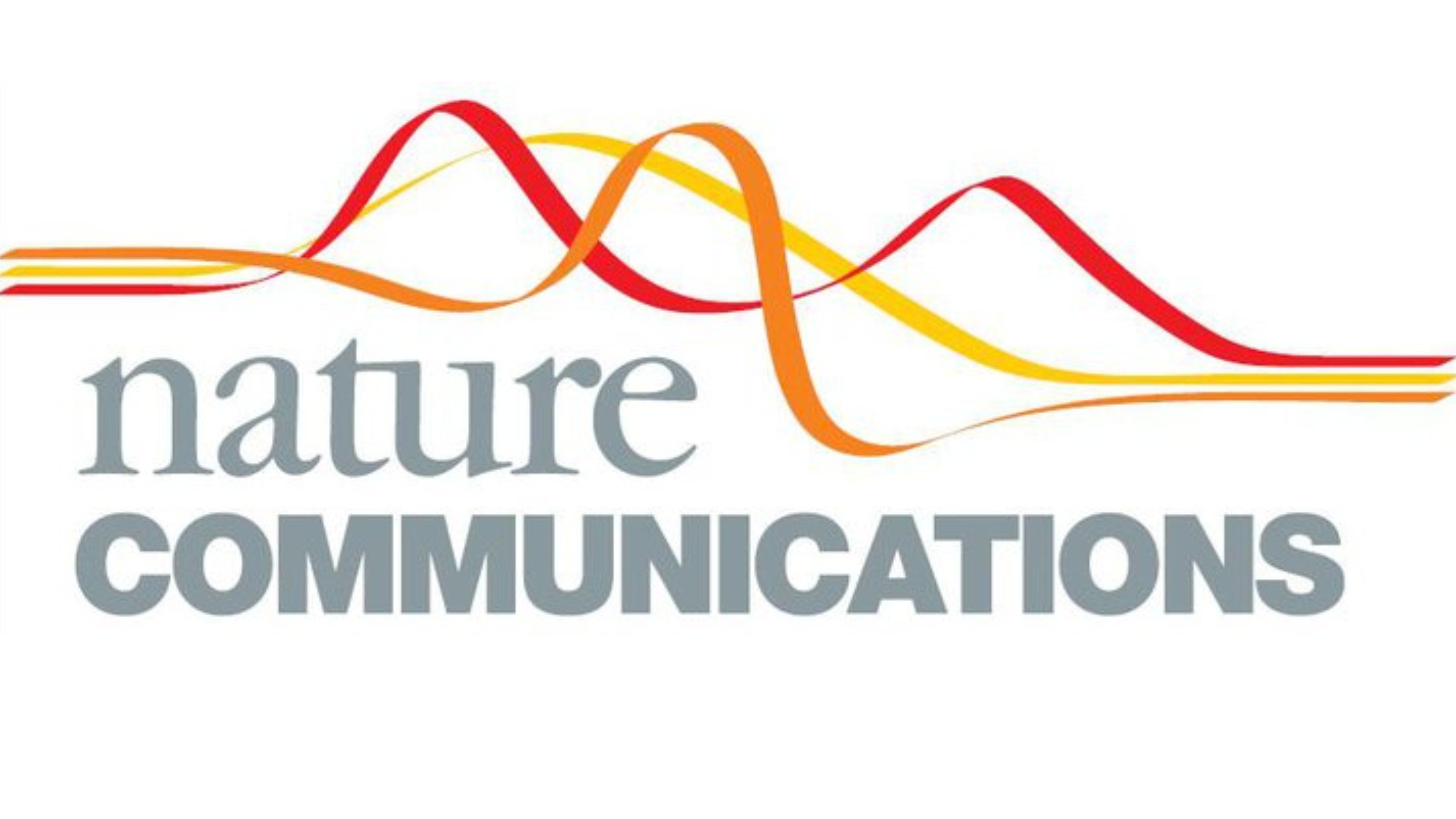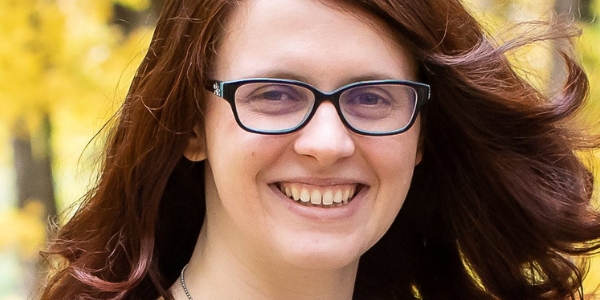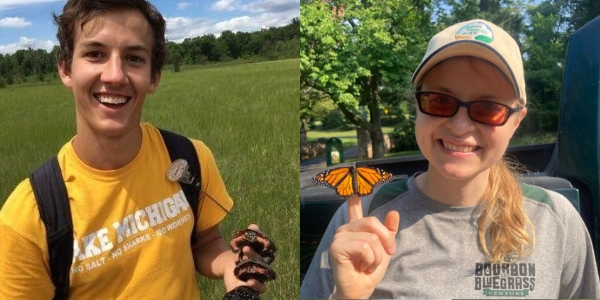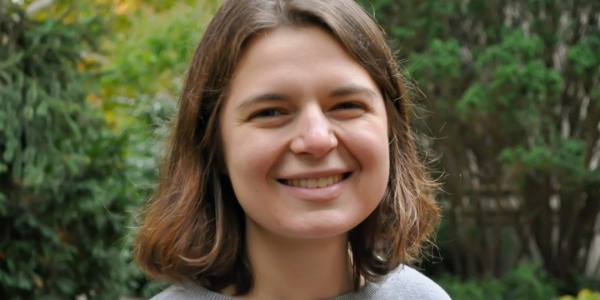Nine seed grants set to sprout collaborative EEB efforts
Nine early-stage research projects led by 16 EEB core faculty members are being jumpstarted by the MSU Ecology, Evolution, and Behavior (EEB) Program Seed Grant Initiative.
The grants, totaling $123,790, will nurture the development of competitive proposals for significant external resources, including new research partnerships envisioned by EEB members. This year’s recipients represent collaborations across nine departments and MSU Kellogg Biological Station (KBS).
“EEB is proud to be an active, tangible supporter of our members’ terrific ideas and plans at the early stages,” said EEB Director Elise Zipkin. “As this tradition grows, we get more and more evidence that EEB is indeed a place where collaborative research thrives.”
This is the fourth year of competition for EEB seed grants, with a fifth slated for next academic year.
“Competition for research funding is fierce and MSU is committed to finding ways to help position our investigators to be competitive at the highest levels,” said Doug Buhler, associate vice president for Innovation and Research. “EEB’s seed grant program is a great example of giving great ideas an early edge.”
This year’s funded projects are:
- “Coupled cycling of mercury and greenhouse gases across a Michigan watershed” led by Kelly Aho in earth and environmental science and integrative biology and Jackie Gerson in earth and environmental sciences.
- “Giving meaning to soil fungal sequence data: developing a community-level index of potential plant-pathogen interactions” led by Chris Blackwood in plant, soil, and microbial sciences and Lauren Sullivan in plant biology and KBS. This seed grant is funded in partnership with Michigan AgBioResearch.
- “Building genomic resources for fish models of vertebrate gene regulatory evolution” led by Ingo Braasch, Julia Ganz, and Jason Gallant in integrative biology.
- “Evolution of the enteric nervous system: the brain in the gut” led by Ganz and Elizabeth Heath-Heckman in integrative biology and microbiology, genetics, and immunology.
- “SedaDNA insights into paleoclimate and paleoecology of the Great Lakes in the Holocene”
led by Matt Schrenk in earth and environmental sciences
microbiology, genetics, and immunology, Elena Litchman in integrative biology and plant biology, and Mariah Meek in integrative biology and KBS. - “Advancing understanding of ecological networks across space and time with open, accessible, and dynamic digital natural history of global bird interactions” led by Phoebe Zarnetske in integrative biology.
- “The molecular basis of electroreception in teleost fish” led by Gallant.
- “Application of language models for knowledge organization and extraction for the
study of evolution” led by Shin-Han Shiu in plant biology and
computational mathematics science and engineering and Jeff Conner in plant biology and KBS. - “Salmon run evolution education video game development and classroom pilot study” led by Robert Pennock in Lyman Briggs, philosophy, and computer science and engineering.
The committee was co-chaired by Emily Dolson and Pat Soranno. Other members include Jean Tsao, Sarah Evans, Greg Bonito, and Santiago Rodriguez Castro.
The call for the next round of EEB Seed Grant Proposals for EEB core faculty members will be in early winter.



